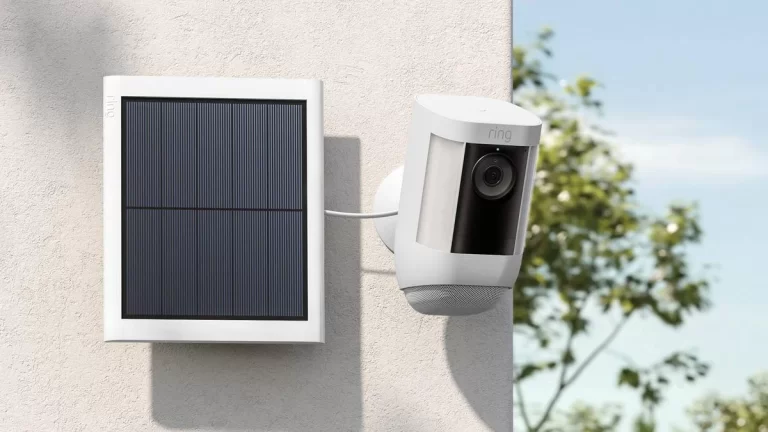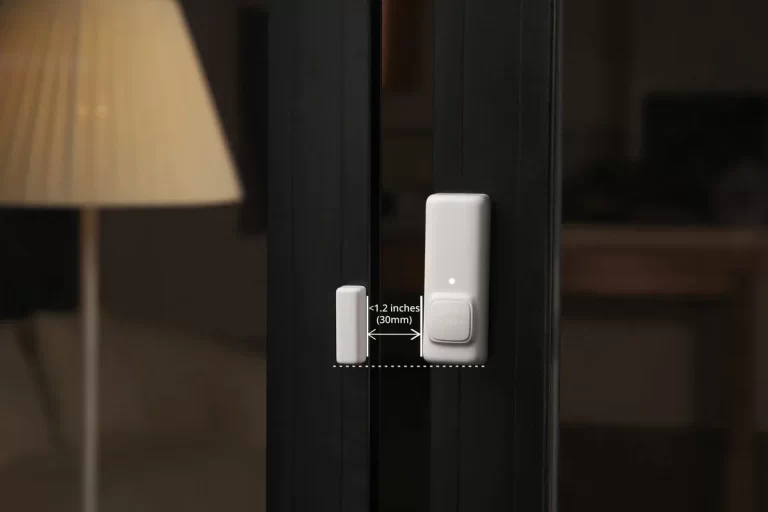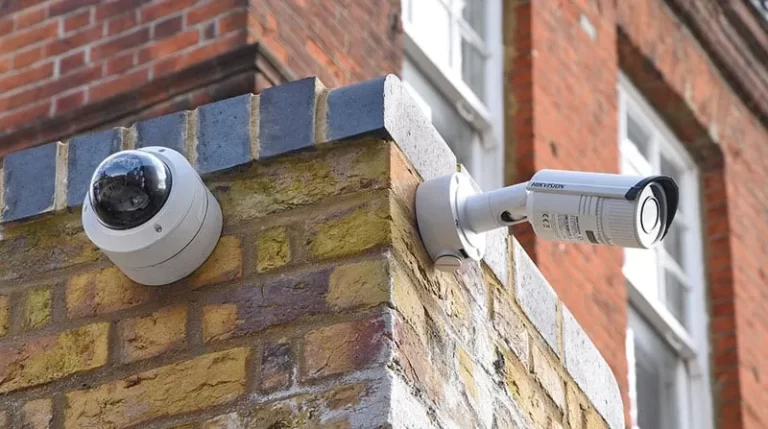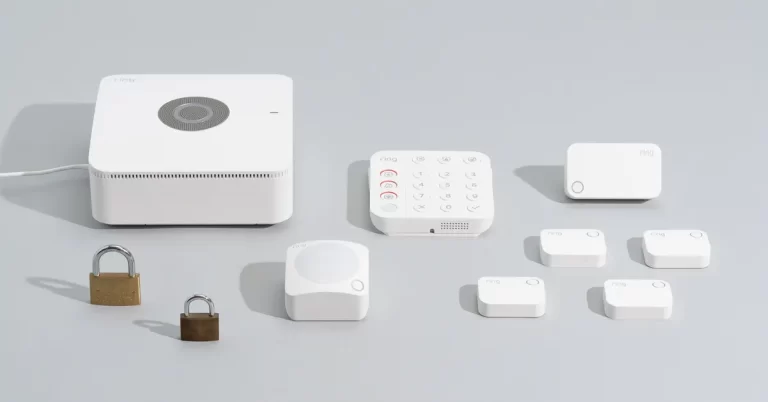Top 5 Door Security Cameras Privacy and Legal Considerations
Door security cameras offer a valuable layer of protection by allowing you to keep an eye on your front door and surrounding areas, deter potential intruders, and provide evidence in the event of a break-in. However, they also raise important privacy and legal concerns that must be addressed to ensure compliance with the law and respect for the rights of individuals.
Privacy and Legal Considerations with Door Security Cameras
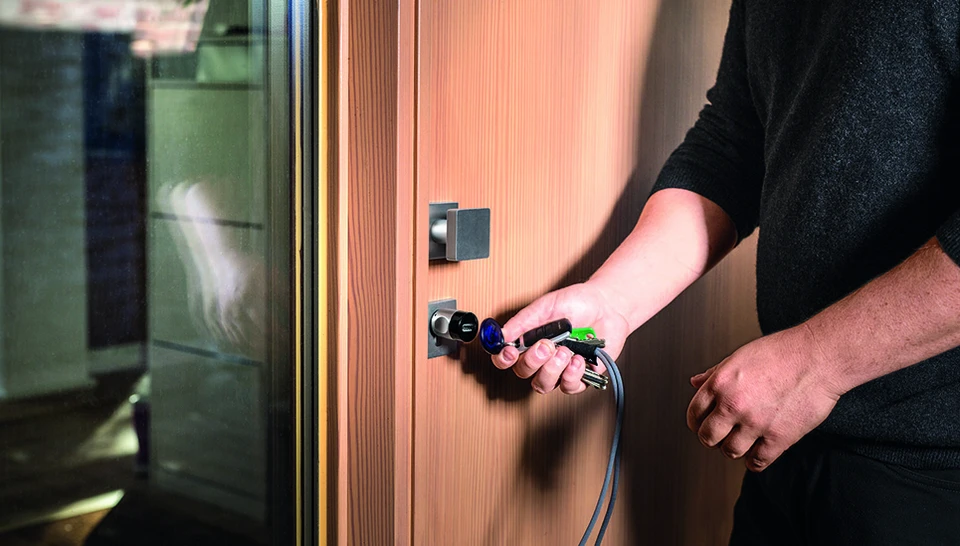
Installing door security cameras entails responsibilities and obligations to safeguard the privacy of others.
Here, we explore the key privacy and legal considerations associated with these devices and provide practical guidance on how to navigate these concerns effectively.
1. Location and Field of View
When installing a door security camera, it’s crucial to consider its location and field of view. Ensure that the camera is focused solely on your property and does not capture the private spaces of your neighbors or passersby.
By positioning the camera appropriately, you can protect privacy while still monitoring your own premises effectively.
2. Notification and Consent
To respect the privacy of individuals who may be captured on camera, it’s essential to provide proper notification and obtain consent where required by law.
Informing visitors, guests, or service providers about the presence of security cameras can help establish transparency and minimize potential privacy concerns.
In certain jurisdictions, it may be necessary to display signage indicating the use of surveillance cameras.
3. Recording and Retention Policies
Developing clear recording and retention policies is vital to address privacy concerns. Determine how long you will retain recorded footage and ensure that it aligns with legal requirements in your jurisdiction.
Regularly review and delete any unnecessary footage to minimize the risk of unauthorized access or misuse.
4. Data Security and Access Control
Protecting the captured footage is crucial to maintaining privacy. Implement robust data security measures, such as strong passwords and encryption, to prevent unauthorized access to your camera feeds.
Additionally, restrict access to the camera system to trusted individuals and regularly update passwords to minimize the risk of unauthorized use.
5. Compliance with Local Laws and Regulations
Each jurisdiction may have specific laws and regulations governing the use of door security cameras. It’s essential to familiarize yourself with these laws and comply with them to ensure you are using the cameras within legal boundaries.
Consult local authorities or legal professionals to understand the specific requirements in your area.
Conclusion
Door security cameras offer valuable protection and enhance the security of your home. However, it’s essential to consider the privacy and legal implications associated with these devices.
By adhering to location guidelines, providing notification and consent, establishing clear recording and retention policies, implementing data security measures, and complying with local laws, you can strike a balance between security and privacy.
READ ALSO!!!
